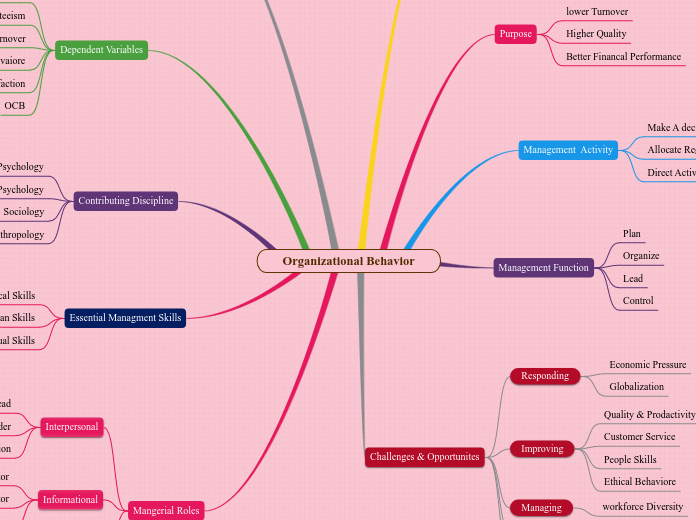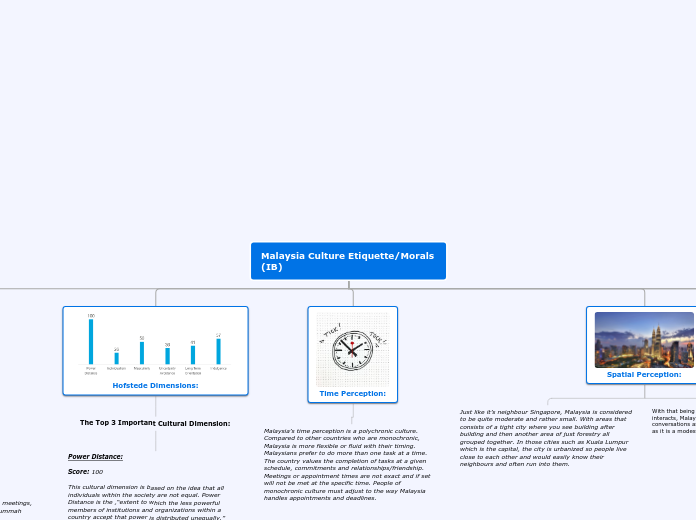af Radwan Hussein 4 år siden
1359
Organizational Behavior
Understanding organizational behavior is crucial for effective management. Managers play various roles, such as being leaders, negotiators, and resource allocators. Interpersonal skills, including communication and leadership, are vital for fostering a positive work environment and managing workforce diversity.









